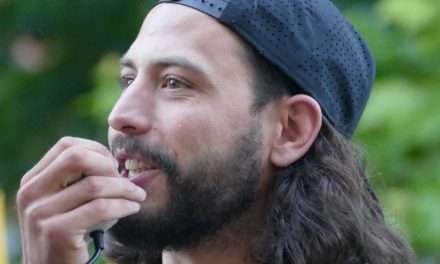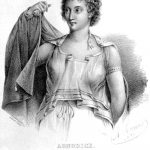Rosa Louise McCauley Parks was born on Feburary 4th, 1913. She played a major role in Montgomery bus boycott which became one of the turning points in the history of civil rights movement in USA and the rest of the world. Her bravery and the impact of the boycott made her international icon in the resistance movement to racial segregation.
MONTGOMERY BUS BOYCOTT
Causes
In 1955 racial segregation was widely present in many areas of citizen’s everyday life. In public transportation there were seats sections for white and for “colored” people. During the bus ride in Montgomery, Alabama white section seats were filled so the driver ordered Rosa to vacate the seat in “colored” section in favor of white passenger which Rosa refused. She was immediately arrested for civil disobedience.
WHAT TO DO strategy
Rosa applied non-violent resistance to take orders of a bus driver on December 1st. Four days after her arrest on December 5th African bus drivers applied boycotting strategy by boycotting bus rides in Montgomery until December 21th 1956 as a response to Rosa’s arrest. It is important to mention that there were similar boycotts organized before yet again proving how persistence and unitedness are crucial. In addition a group of 5 women from Montgomery sued the city in U.S. District Court, demanding to invalidate busing segregation laws.
IT CAN BE DONE impact evidence
Montgomery federal court ruled that 14th Amendment to the US Constitution was violated by requiring racially segregated seating in buses. Furthermore, the city then appealed to the U.S. Supreme Court which upheld its decision on December 20th in 1956. The boycotting ended 381 days after it started when busses in Montgomery were were integrated following Supreme Courts ruling on December 21, 1956. Hundreds of reports from around the country visited Montgomery during boycott to spread the news which resulted with raising awareness and motivating other civil rights movements.
Struggles
Although boycott was successful and integration adopted there was significant resistance and even violence present. Snipers were firing into buses, black churches and houses of black leaders were bombed.
Leaders were born
Each democratic participation and accompanying struggles besides eventually leading to successful outcome create environments in which prominent leaders arise. One such leader is Martin Luther King Jr. On December 5th when the boycott started black leaders met to form a Montgomery Improvement Association (MIA). For its president the group elected Martin, then 26 year old pastor of Dexter Avenue Baptist Church. It was Martin who decided to continue with boycott until the city met their demands. The rest is history.











